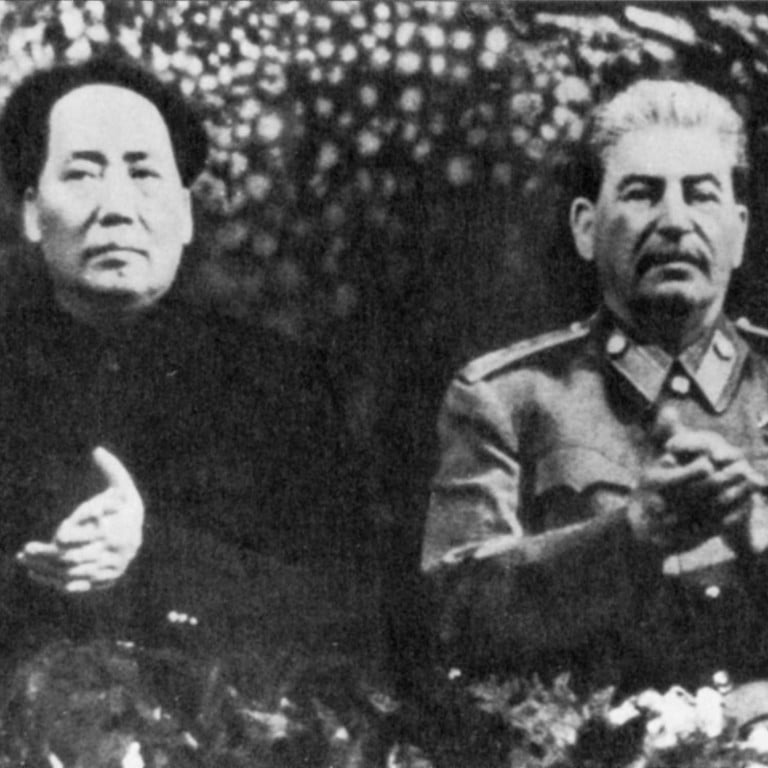
China's Foreign Ministry curtails access to declassified historic archives
When China's former ambassador to Belarus, Lu Guicheng, visited the archives of East China Normal University in Shanghai in June, he dedicated a couplet to his hosts: "If there are no records, a person's biography can be invented, if their are no archives, a country's history is but a legend."
Yet, his own archives seem to be disappearing from public view. Historians are bewildered because the ministry has now restricted access to most of its previously available historical documents in what some say could be a wider clampdown.
"Out of some 80,000 documents previously available, only 8,000 or so are available now, and those that are basically useless," one historian said, on condition of anonymity. The historian is concerned he could lose further access.
For the British historian, the crackdown is part of a wider trend across the country since "the heyday of openness" half a decade ago.
"Even relatively liberal archives, like the Shanghai Municipal Archive, has tightened access rules," he said. "The changed climate presumably has something to do with the change of leadership."
"It's a great pity and a setback for the profession of historians in China," said Hans van de Ven, a professor of modern Chinese history at Cambridge University.
Two other historians also told the Post that access to the archives has also been curtailed. It is, however, unclear why the ministry had scaled down the number of historical documents such as meeting notes and diplomatic cables it makes available to the public.
The ministry's spokesman Hong Lei said in January that fewer documents had been made available because the archive was "in the process of upgrading its computer system for technical reasons".
Half a year later, the online catalogue is still not accessible.
An international relations scholar said that he thought the restriction on access had been prompted by a Japanese news article that mentioned one of the ministry's archived files.

Both countries have increasingly been at loggerheads over the overlapping territorial claims in the East China Sea and Japan's warcrimes during the Second World War.
Bilateral ties are expected to further deteriorate if members of Japan's cabinet follow through on their announced visit to Tokyo's Yasukuni Shrine, which honours the fallen soldiers of the war including war criminals, next week.
The clampdown affected documents ranging from the founding of the People's Republic to the start of the Cultural Revolution, according to Arunabh Ghosh, a PhD student in Chinese history at Columbia University.
In 1999, a group of retired diplomats were tasked with reviewing the ministry's archives and selecting documents that could be published. Five years alter, the archives opened to allow public access to documents dated to 1955, which was later extended to 1965.
A staffer who answered the phone at the archive office on Friday, who declined to give his name, said he did not know about any increased restrictions.

